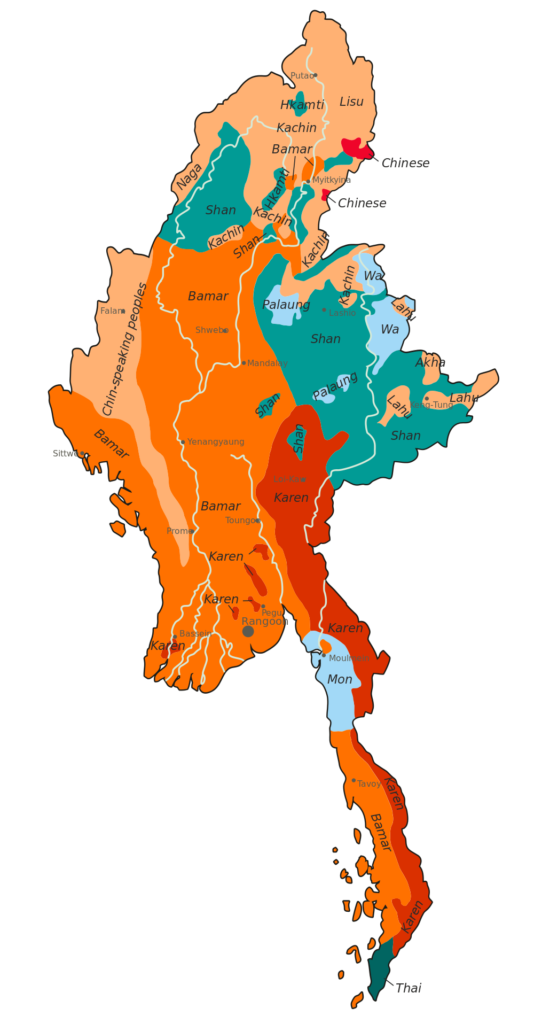
Ethnolinguistic map of Myanmar. For a discussion of the political construction of ethnicity and problematics of nation-states (not least those defined by colonial borders), we suggest Professor Jonathan Saha’s short blog in New Mandala on the ethnic cleansing of Rohingya people. Image Credit: Wikimedia, US CIA, 1972.
The shifts in rationalization discussed by Max Weber were not the only ones that characterize the move to modernity in Western Europe and subsequently throughout the world. A new form of political organization, the state, emerged from the city-state model and became the dominant governing paradigm. In the ashes of the Holy Roman Empire, politicians united territories on the basis of shared cultural practices and language. But with the development of the nation state came the need to define who “belonged” and who didn’t, flattening complex and hybrid identities, and to tie groups of people to places. If what became Germany after the process of unification of 1863-1871 was suddenly for a new supra-group of identities called “German,” what happened to people who didn’t fit this new identity?
With the emergence of the nation state, the question of pluralism became central. Groups who defined themselves as a “nation” and who governed—or sought—their own territory pursued a range of approaches towards those who were suddenly not part of “the nation.” Many of the uglier episodes in modernity around the world were expressions of nationalism, as “minorities” were silenced, forced to leave, or killed. Even in democracies, the equal rights–indeed, even sometimes the personhood—of “minorities” are challenged, as long histories of racism and identitarian chauvinisms reveal.
The 1948 Universal Declaration of Human Rights—the first of subsequent agreements that make up the International Bill of Human Rights—were spurred forward by the systematic and state-sanctioned mass murder of primarily Jewish but also LGBTQ, Polish, and Roma Europeans and Soviets during the Second World War. These international treaties seek to advance and protect “fundamental freedoms” from intra-state abuse, in particular.
In this section, students will consider the modern state system, pluralism, and human rights from Islamic and other perspectives. Muslim communities have a long history of political organization—how is the nation state system different? And do scripture and theological treatises provide guidance as to how pluralism should be enacted? Can people have equal dignity if they are not given equal rights? Lastly, is an Islamic approach to human rights fundamentally different from the current international human rights regime?
Key Terms:
- Nation
- Nation-state
- Nationalism
- Pluralism
- Human rights
- Minority
Photo: Ethnolinguistic Map of Myanmar. Image Credit: Wikimedia, US CIA, 1972. Public domain.
Learning Materials:
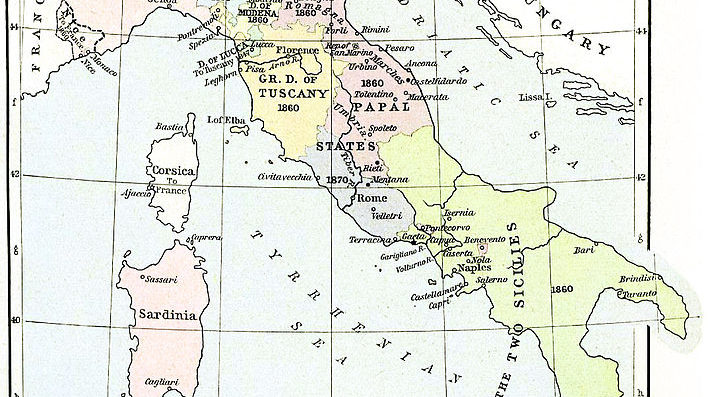
4.3.1 Introduction to the Modern State
The legitimate use of force within an established territory is a central component of the modern state. States are a recent innovation--and other forms of political organization are possible. (William Shepherd/"Italian Unification")
Read More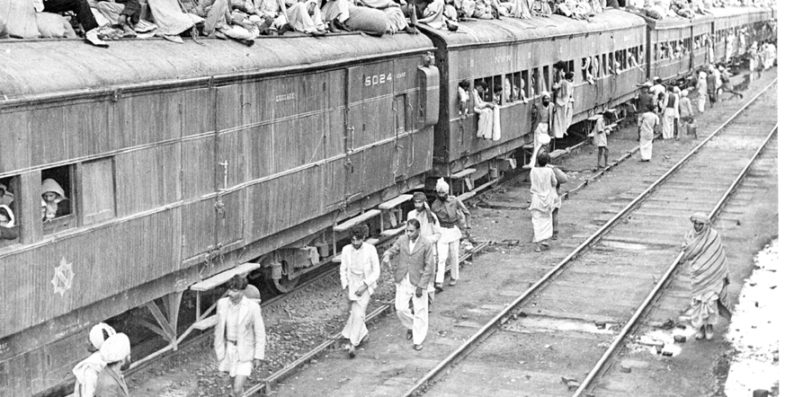
4.3.2 Identity and Pluralism in the Nation State
The creation of the nation state—and of "minorities"—has resulted in a range of responses to pluralism. (India/"Refugee Train")
Read More
4.3.3 Where Islam and Nationalism Collide
Can Islam play a role in moving us beyond nationalism? (Clark & Kim Kays/"Bombed building")
Read More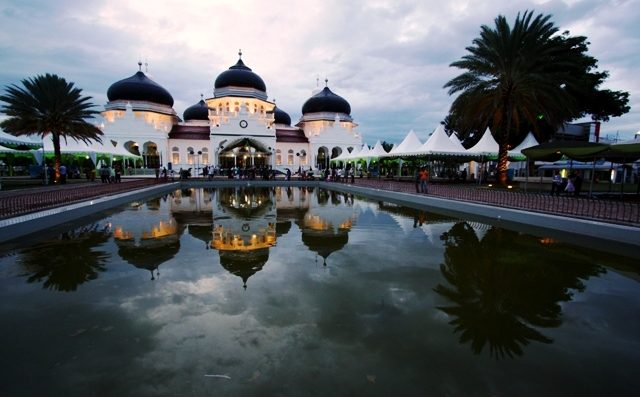
4.3.4 Guest Citizenship in Aceh
The Indonesian province of Aceh has implemented an interpretation of Sharia since 2001, providing an example on the possible effects on other religious groups when Sharia-based laws are applied by a state. (Vidi Agiorno/"Aceh Great Mosque")
Read More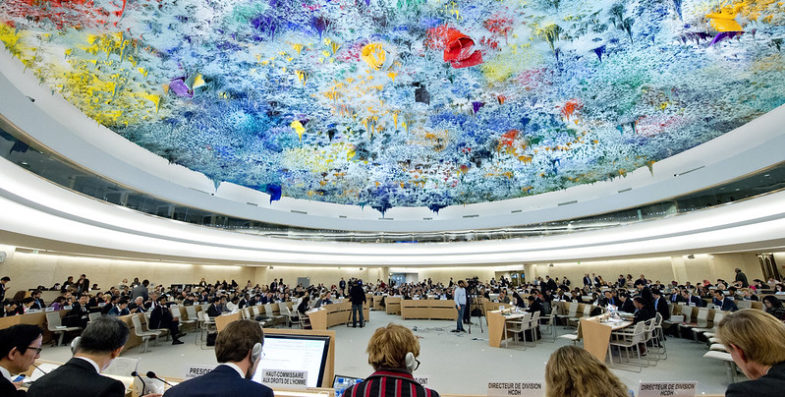
4.3.5 International Human Rights and Islam
"What does it mean to be human, and how should humans be treated? These existential questions constitute the backbone and purpose of many communities and traditions." (UN/"Human Rights Council")
Read More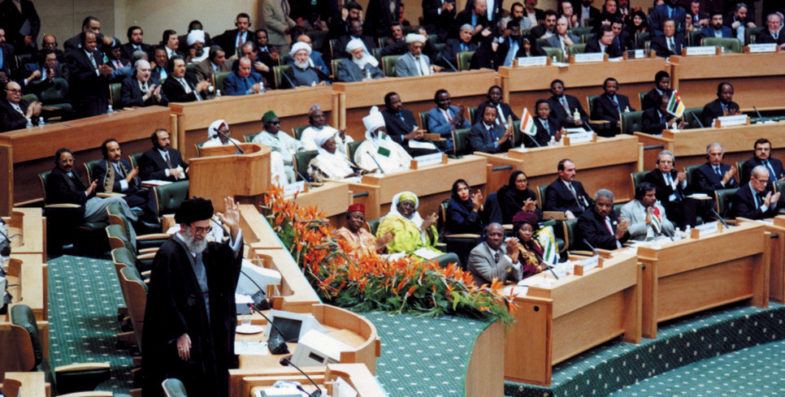
4.3.6 The Cairo Declaration and Human Rights
Is the Cairo Declaration of Human Rights in Islam compatible with the dominant international human rights regime?(Khamenei.ir/"OIC Summit")
Read More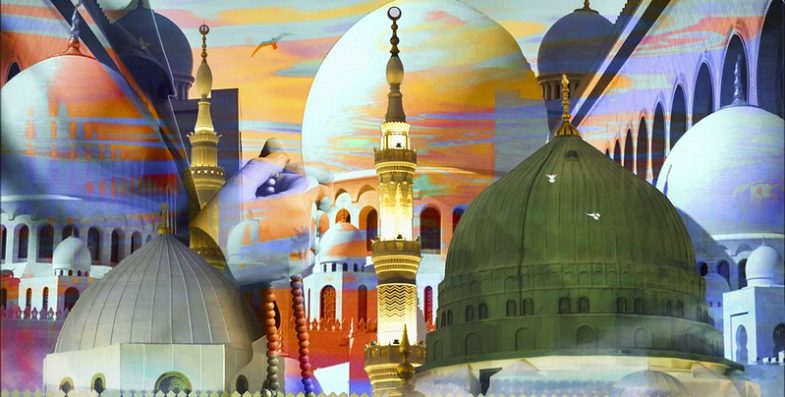
4.3.7 Human Rights and Sharia in the State System
According to Professor Abdullahi An-Na'im, freedom of religion is central to piety as a Muslim. (Daniel Arrhakis/"Doa Untuk Indonesia")
Read More




